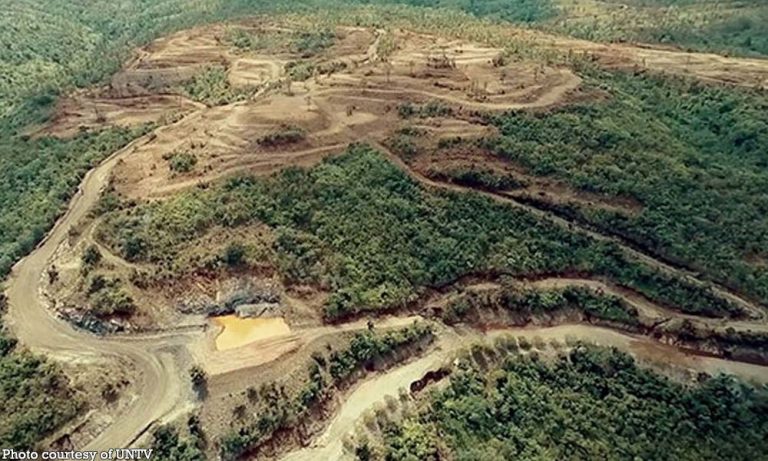by Richard Sanders, Staff Writer
In recent years, the geopolitical landscape of the West Philippine Sea has been significantly altered by China’s ambitious island-building initiatives. Central to these developments has been the contentious practice of quarrying of rocks and sand, particularly in areas like Zambales, which has come under scrutiny for its role in facilitating China’s artificial islands. This situation raises serious concerns about Philippine sovereignty and the implications of enabling foreign powers to assert dominance in contested waters.
The Role of Quarrying of Rocks and Sand in Island Construction
Quarrying of rocks and sand involves the excavation of sediment from the seabed to create navigable waterways or to reclaim land. In Zambales, this practice has been ramped up, ostensibly for local development projects. However, the sediment and materials extracted have often been reported to find their way into the hands of Chinese construction firms, which use them to bolster their artificial islands in the West Philippine Sea. This activity not only undermines the ecological balance of local marine environments but also contributes to the geopolitical tensions in the region.
China has been actively constructing artificial islands in the Spratly archipelago since 2013. These islands, equipped with military installations and infrastructure, are claimed by China as part of its expansive territorial assertions. The quarried materials from Zambales, crucial for these constructions, highlight the Philippines’ inadvertent complicity in China’s maritime expansion.
The Economic and Environmental Costs
The quarrying of rocks and sand operations in Zambales have raised alarms among environmentalists and local communities alike. The ecological ramifications include the destruction of coral reefs, disruption of marine habitats, and adverse effects on fishing livelihoods. The local population, heavily reliant on fishing and tourism, has begun to feel the effects of these environmental changes, raising questions about the sustainability of such practices for short-term economic gains.
Moreover, the economic benefits touted by proponents of quarrying are overshadowed by the long-term consequences of enabling foreign exploitation of Philippine resources. The materials being quarried are not just a boon for local construction; they are being used to further foreign military objectives that threaten Philippine sovereignty.
A Shameful Indictment of Philippine Policy
The situation in Zambales serves as a stark indictment of the Philippine government’s policies and its approach to foreign investments and partnerships. By allowing quarrying operations that feed into China’s ambitions, the government is perceived to be compromising national interests in favor of short-term economic incentives. This raises critical questions about accountability and the strategic direction of Philippine foreign policy.
Critics argue that the Philippine government should adopt a more assertive stance in protecting its maritime territories and resources. The enabling of Chinese island-building not only jeopardizes Philippine sovereignty but also sends a troubling message about the nation’s commitment to defending its rights in the face of external pressures.
The Path Forward: Prioritizing Sovereignty
Moving forward, it is imperative for the Philippine government to reassess its regulatory frameworks concerning quarrying of rocks and sand and foreign investments. Greater transparency and stricter guidelines are essential to ensure that local resources are not exploited for foreign military purposes. Additionally, fostering local industries and sustainable practices should take precedence over short-term economic gains from foreign partnerships.
Strengthening alliances with other nations concerned about territorial integrity in the South China Sea could also bolster the Philippines’ position against encroachment. By rallying support from regional partners and engaging in multilateral dialogues, the Philippines can reinforce its claims and advocate for a rules-based maritime order.
